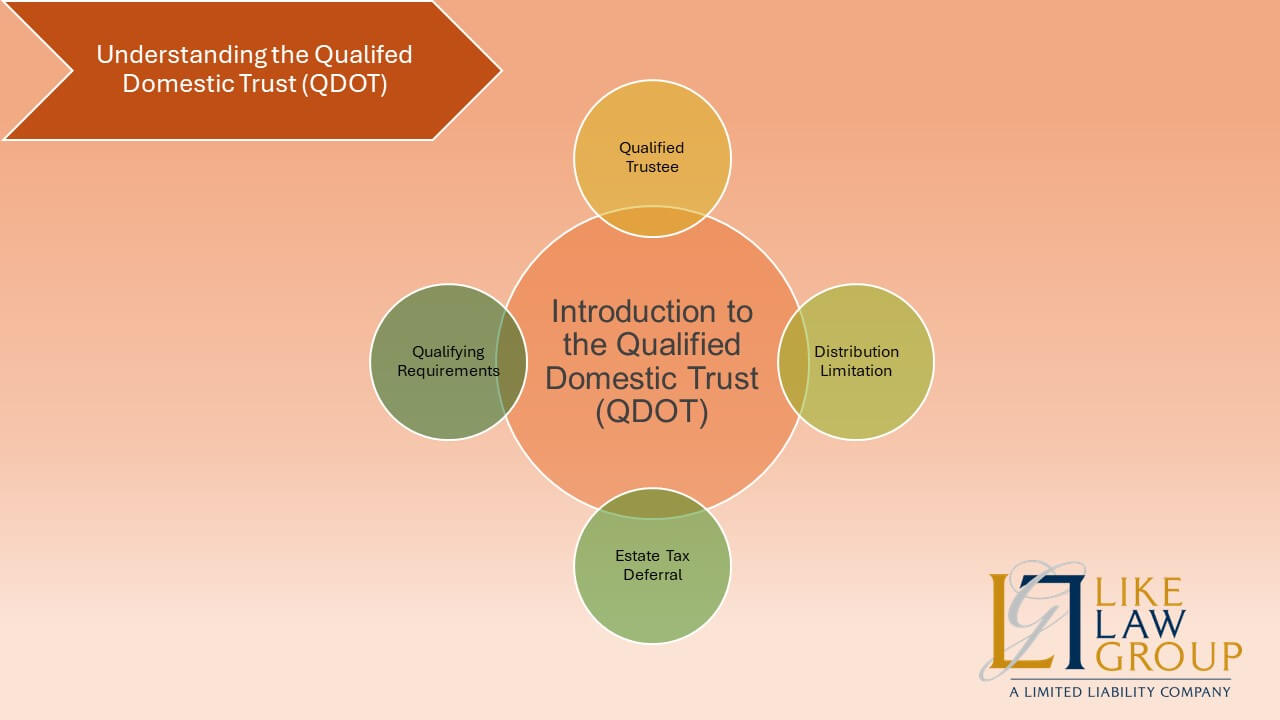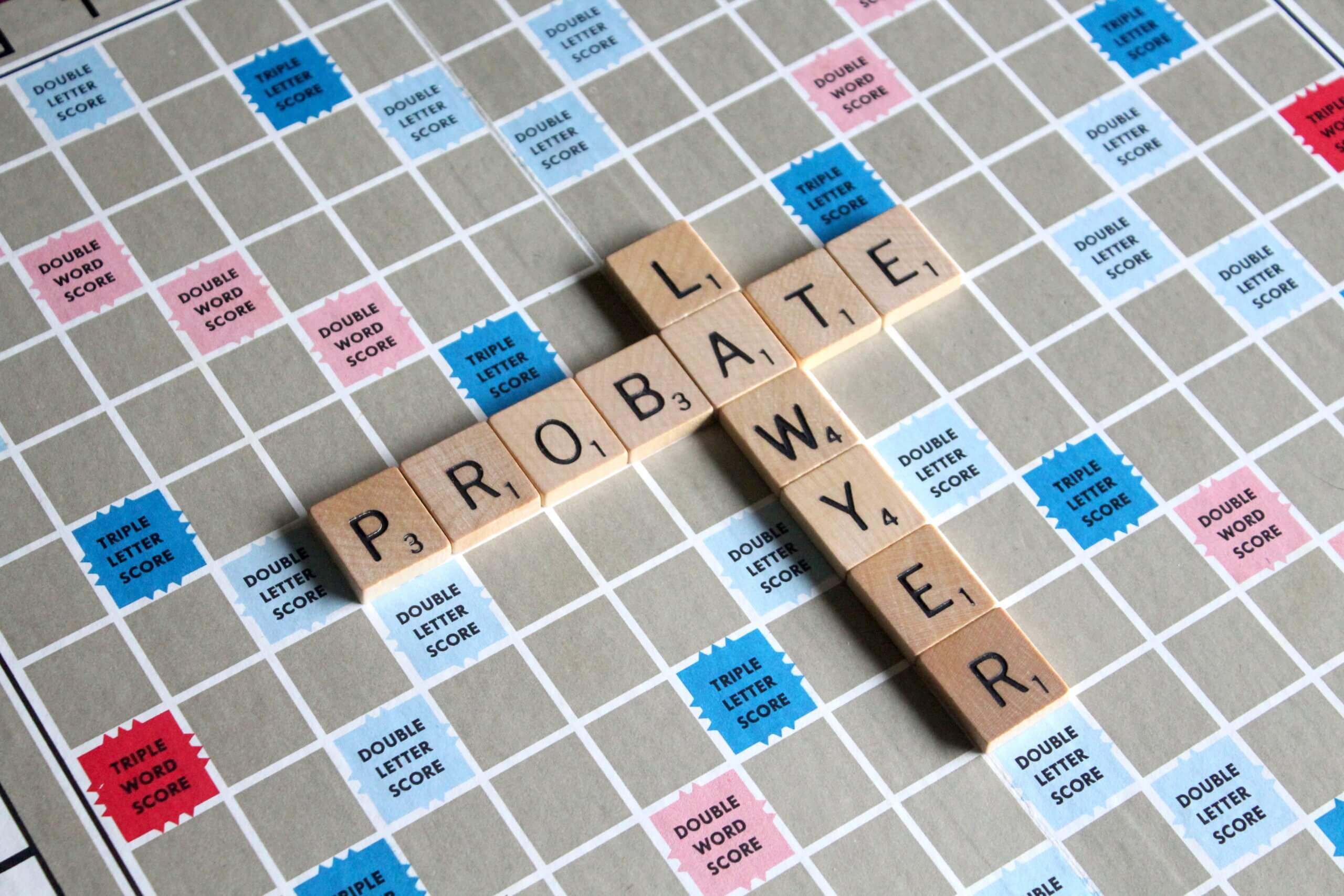Today more young adults are living at home with their parents than at any time since the 1940s. While there are many different opinions about this trend and the cause of its recent prevalence, the primary motivation for young adults staying at home with their parents is usually related to finances.
Most adult children who still live at home have future plans to move out at some point. However, if one or both of their parents pass away prior to that time without addressing the adult child’s living situation in their estate plan, it can present legal issues.
An estate plan should be updated every 3 to 5 years. If you have an adult child who still lives at home or recently had an adult child move back in with you, it may be time to review your plan and make any necessary changes to ensure that your wishes are adequately addressed.
Almost Half of Young Adults Still Live at Home
A sign of tough economic times can be evidenced by the large number of young adults living at home with their parents.
According to a recent survey by the Harris Poll for Bloomberg, about 23 million—or 45 percent—of 18-to-29-year-olds are living with their parents.1 That is the highest level since the post-Depression era.
Bloomberg cites economic headwinds like high inflation, the lingering effects of pandemic lockdowns, student loan debt, unaffordable home prices, and an uncertain job market as reasons why young people are staying home en masse.
The majority of those surveyed said the decision to live with Mom and Dad was motivated by the following financial reasons:
- Saving money (41 percent)
- Inability to afford to live on their own (30 percent)
- Paying down debt (19 percent)
- Recovering from emergency costs (16 percent)
- Losing their job (10 percent)
Opinions are split on the importance of parents charging rent to adult children who live with them. Around 57 percent of US adults told Newsweek that an adult child living at home should be charged rent; just 28 percent said an adult child should be allowed to live with them rent-free. A Lending Tree survey found that 73 percent of parents would charge rent to an adult child living at home.2
Boomerang Children and Estate Planning
The phenomenon of the not-so-empty-nest raises questions that should be addressed in an estate plan.
Adding an Adult Child to the Home Title
Moving back home is not always the result of a child’s money problems or financial circumstances. The second-most common reason cited in the Bloomberg poll was taking care of older family members (30 percent). Helping with family expenses (28 percent) ranked fourth.
Maybe one parent passed away and the surviving parent either does not want to live alone, requires living assistance, or is on a fixed income and needs help making ends meet. In such situations, an adult child could be added to the house’s deed as a partial owner.
- If the house is jointly owned by the surviving parent and the adult child and the joint ownership structure includes survivorship rights, then when the surviving parent dies, the house passes automatically to the adult child outside of probate.
- With a tenants-in-common ownership structure, the surviving parent’s share of the house becomes part of their estate and may need to be transferred to whomever they designate in their will through probate court.
- A life estateis another form of joint ownership in which the life tenant (the surviving parent) has the right to live in the home during their lifetime, and upon their death, the house passes to a named remainderman (here, the adult child). This option, like joint ownership, avoids probate and can be thought of as a type of beneficiary designation on real property.
Avoiding probate might be a desirable goal, but it should be weighed alongside other potential outcomes of co-ownership, such as capital gains tax if the property is later sold, gift tax that may be due because the surviving parent is gifting a partial ownership in the home, and potential creditor claims of the child’s creditors. If parents are trying to avoid probate, they may consider creating a trust to own their interest in the home, in addition to their other accounts and property, or utilizing an enhanced life estate deed or transfer-on-death (TOD) deed for their home, if their state law allows. All of these techniques can be applied to the parent’s partial interest in the home if the co-ownership is structured as a tenancy in common, or to the parent’s full ownership in the home if they choose not to add their child to the title.
Choosing to add a child as a joint owner of a home when there are multiple children who stand to benefit from an estate can raise additional estate planning challenges. For example, a parent could add a live-in child as a co-owner of the home under a tenants-in-common ownership structure and direct their child or other heirs in an estate plan to sell the house and divide the profit among their siblings (and other heirs) upon that parent’s death.3 But in this case, there is nothing requiring the live-in child to share the portion of the sales proceeds attributable to the interest of the property they owned directly.
Alternatively, if the child was added as a joint owner with right of survivorship (rather than a tenancy-in-common co-owner), the home will become 100 percent the child’s by operation of law, and they will be under no legal obligation to sell the home or share the proceeds, despite whatever instructions are left in a will or given verbally to the child.
When an Adult Child is a Tenant
The likelihood of an adult child living at home and paying rent to their parents is not trivial, as it can determine the child’s status as a tenant or guest.
Tenants have legal rights under landlord-tenant laws. If there is a written or even a verbal rent agreement between parent and adult child, the child may be considered a tenant, granting them certain legal rights and protections, and therefore it might not be possible to just kick them out. An adult child who is a legal tenant would have the right to an eviction process that involves a court hearing.
Eviction might not come up when the parents are alive, but it could become a problem when they pass away and the estate plan orders the sale of the house and the division of its proceeds to beneficiaries. Additionally, the adult child might not have anywhere else to go or the financial means to make alternate arrangements. Also, to further complicate matters, the estate executor is likely to be a sibling, raising the possibility of family strife.
Gifting a Family Home to a Live-in Adult Child
Mom or Dad could opt to leave their house to an adult child living at home in their estate plan instead of making them a joint owner and transferring the home to them via a contractual right of survivorship. But this course of action raises a different set of questions:
- Do they have other children?
- If they do, would the live-at-home child/heir be required to buy out their siblings’ interest?
- In the event of a sibling buyout provision, would the live-at-home adult child be able to afford the house or obtain financing?
Even if the adult child could obtain financing to buy out their siblings, somebody who has never owned a home before might not be financially prepared for hidden and unexpected expenses beyond the monthly mortgage payments. Property taxes, HOA or condo association fees, insurance, utilities, and repair and upkeep costs can easily add up to thousands of additional dollars per year.
Parents wishing to leave the family home to an adult child currently living there might have their hearts in the right place, but without addressing the financial considerations of owning a home, they could be overburdening their adult child, which could ultimately result in an unfortunate or unintended outcome.
Alternatively, parents could leave their home to their live-at-home child in an estate plan and gift other assets to their other children in an amount needed to offset the share of the value of the home they would otherwise receive. While this would give the home to the child without the need to pay off their siblings, the child would still have to contend with the financial obligations of owning a home discussed above.
Every Family Is Different. Create an Estate Plan That Fits Yours.
For better or worse, multigenerational family living arrangements have made a comeback. And while the stigma of having an adult child at home is mostly gone, that does not mean it does not present potential difficulties—both in the present and the future.
Parents should know that “fair treatment” may look different for some of their children and ultimately that completely “equal treatment” of their kids may not be possible. An adult child who has yet to fly the nest due to financial struggles may call for special attention in an estate plan. It could also be the case that parents would like to compensate an adult child who moved back home to help them out.
Whatever your family situation, careful planning can ensure that your intentions are made clear, your loved ones are properly taken care of, the potential for conflict is minimized, and your estate is taxed as little as possible. To create or update an estate plan, please contact our office and schedule an appointment.
Footnotes
- Paulina Cachero & Claire Ballentine, Nearly Half of All Young Adults Live with Mom and Dad—and They Like It, Bloomberg (Sept. 20, 2023), https://www.bloomberg.com/news/articles/2023-09-20/nearly-half-of-young-adults-are-living-back-home-with-parents.
- Sophie Lloyd, Why More Parents Are Charging Their Adult Children Rent, Newsweek (Apr. 6, 2023), https://www.newsweek.com/charging-adult-children-rent-homeowner-parenting-1793021.
- It is important to note that in a tenancy-in-common ownership structure, each owner holds an individual interest in the property, but no single owner possesses unilateral authority to sell the property. Any sale requires the consent and participation of all co-owners. In this example, therefore, the parent, as a tenancy-in-common co-owner in the property, does not have the authority to require the sale of the entire property after their death in their estate plan. They may include language regarding the sale of the property and hope that the live-in child willfully participates. If the live-in child is not compliant, the trustee, executor, or heirs/beneficiaries may need to bring a partition action with the court to get a court order requiring the sale, if such remedy is available under the relevant state law.












